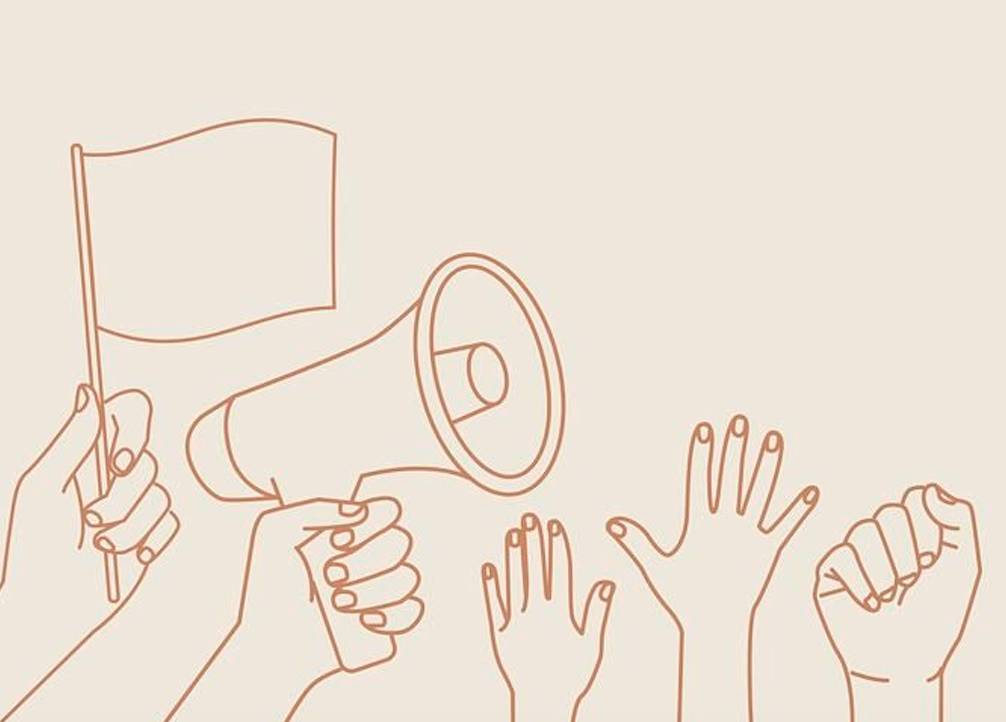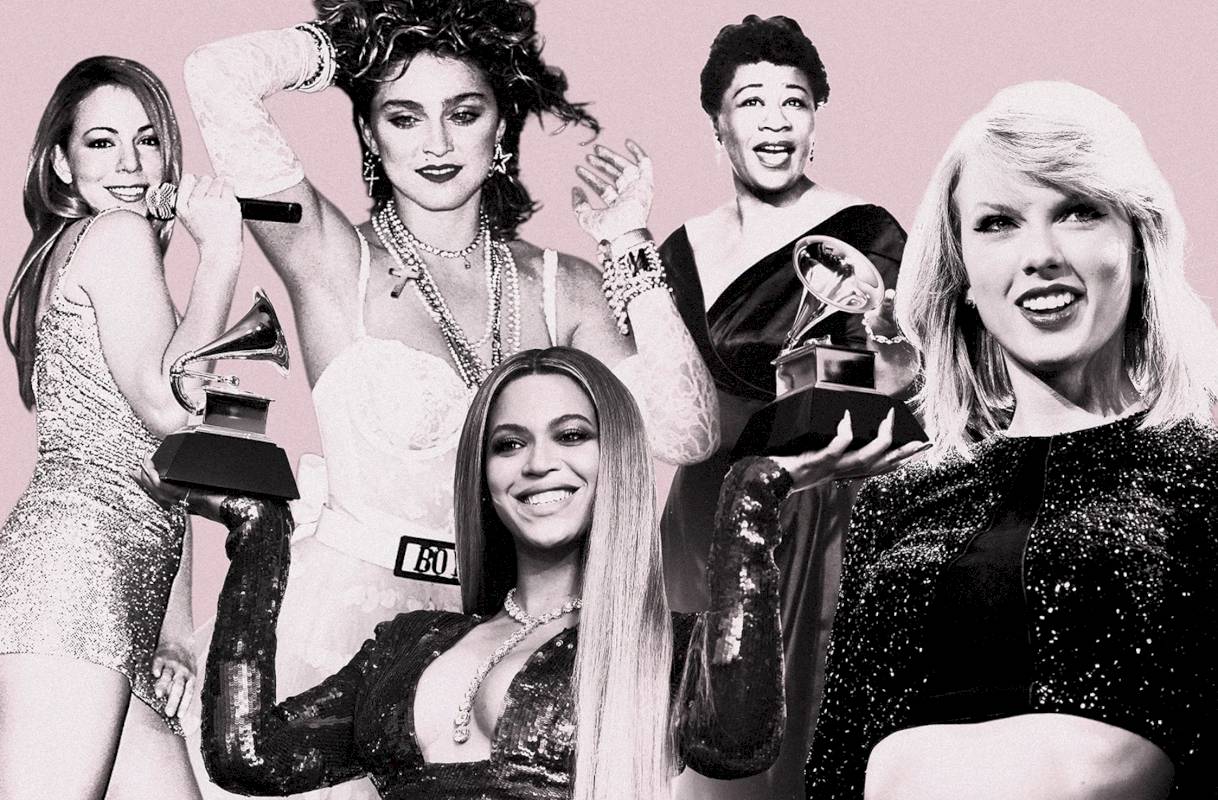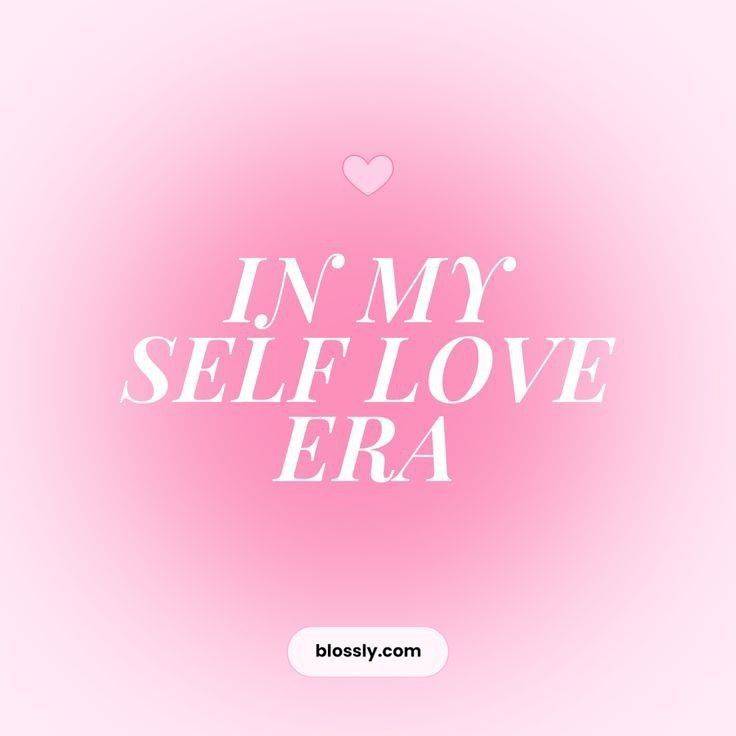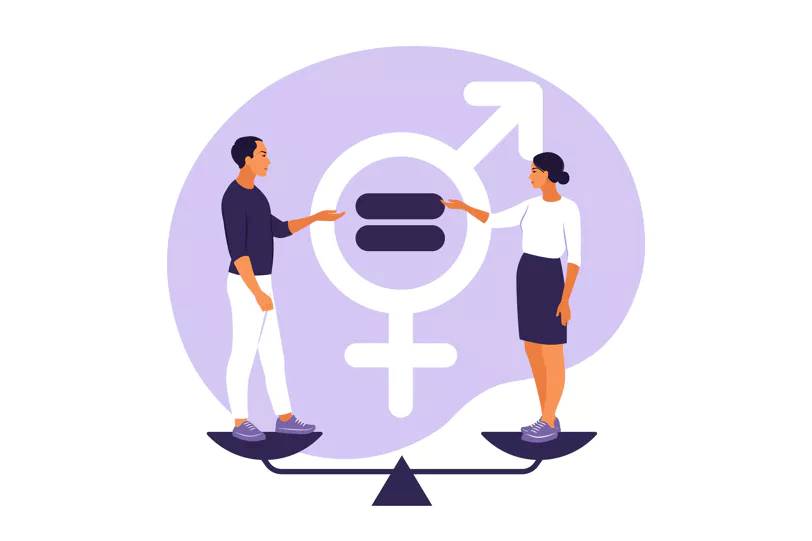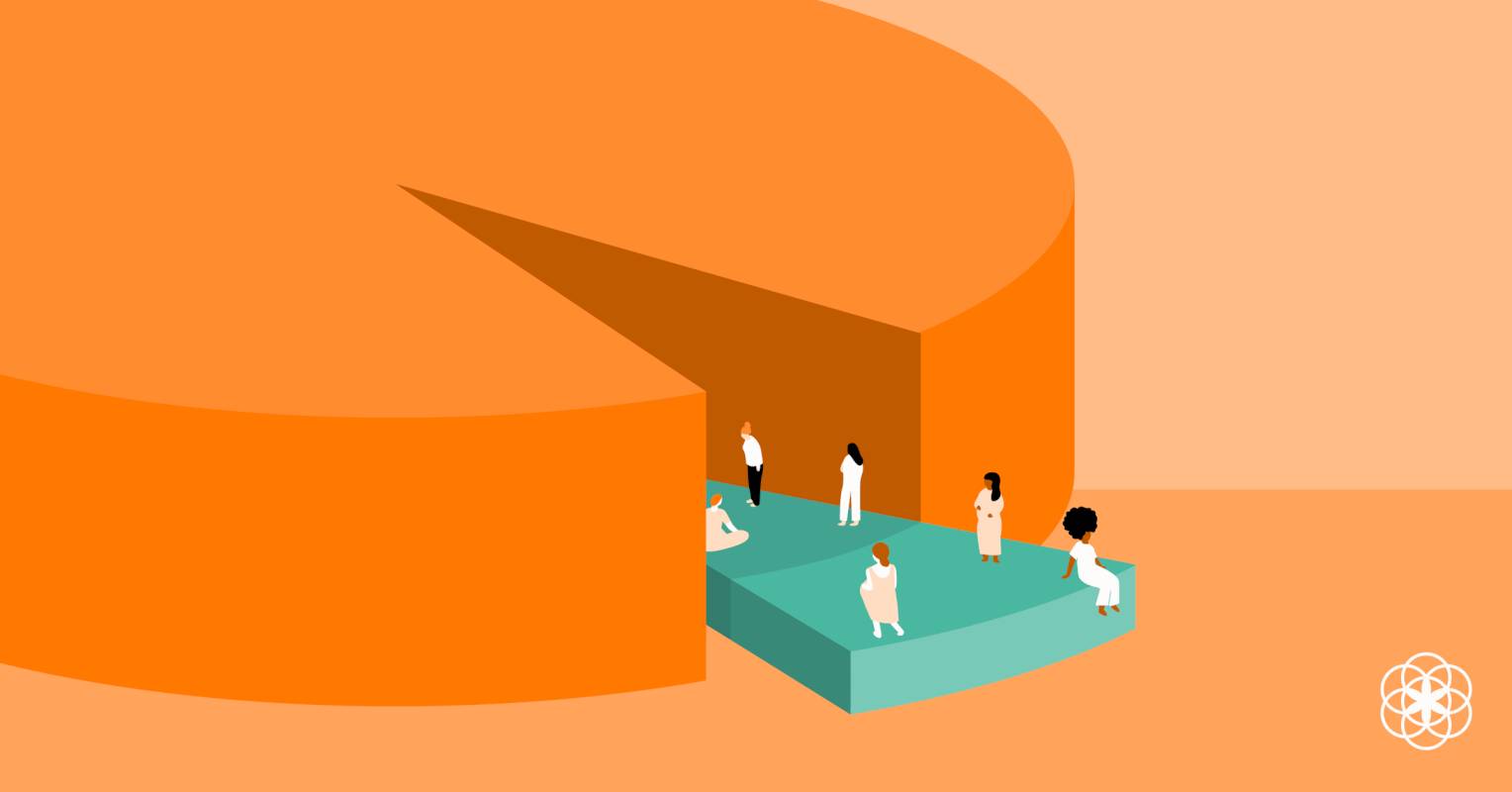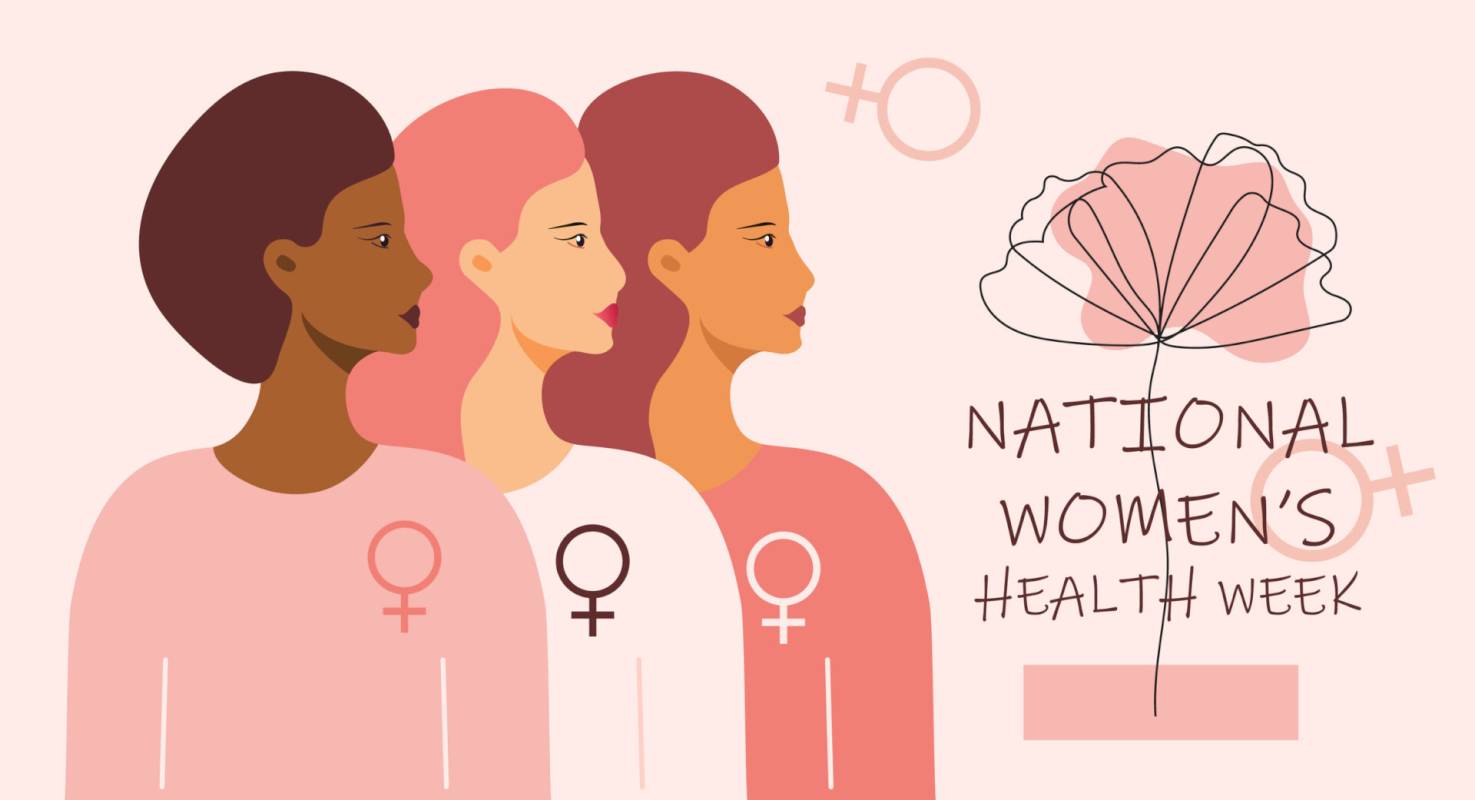
WELL BEING OF WOMEN
Well-being of Women
Women's health is a very important topic of conversation and should be openly discussed among everyone.Women have traditionally been valued as the foundation of the family and society in India, as evidenced by the rich tapestry of Indian cultural legacy. However, underneath this veneration is a complicated web of issues that frequently compromise the emotional and physical wellness of women in the country. Indian women negotiate an environment where their difficulties are routinely disregarded, their voices muffled, and their health neglected due to systemic challenges and ingrained social conventions.We explore the complex relationship between women's physical and emotional health in India in this article. We examine the various facets that influence individual well-being, such as access to healthcare services and societal expectations. We also illuminated the ways in which women's health may be promoted and celebrated.
Initiatives aimed at promoting women's mental and physical health have emerged as beacons of hope. From grassroots organisations advocating for reproductive rights to government-led schemes expanding access to healthcare services, strides are being made to address the unique needs of women across the country.
The significance of proper menstrual hygiene for women, since poor management of menstrual cycles can result in infections, heavy bleeding, and irregular periods, all of which can endanger their health.The most popular technique of family planning and contraception for women is female sterilisation, while male sterilisation is hardly ever utilised due to cultural constraints. It is necessary to shift this way of thinking and give women greater agency and autonomy when it comes to family planning decisions.
The importance of sex education in India and its potential to promote respect for women and gender equality. An NGO in Bengal discovered that the introduction of sexual and reproductive health education made boys stop making fun of girls, which let them realise that they are just like everyone else. Sex education emphasises equality and respect in addition to sexuality. Boys and girls alike must get education in order to avoid sexual harassment and abuse, which can have a detrimental effect on their personalities and their capacity to concentrate on their academic work and other goals. To ensure that no one is left behind in India's health campaign, the government has to establish a political commitment and begin with the most vulnerable groups, such as minorities and tribals, through vulnerability assessment.
The following are the top 5 health issue in women-
Cancer: The most common malignancies in India, according to the most recent WHO study, are breast cancer and other gynaecological cancers, such as ovarian and cervical cancer.
Maternal Issues: According to UNICEF reports, pregnancy-related complications rank among the top causes of death for Indian women, and the country still has a high rate of maternal mortality.
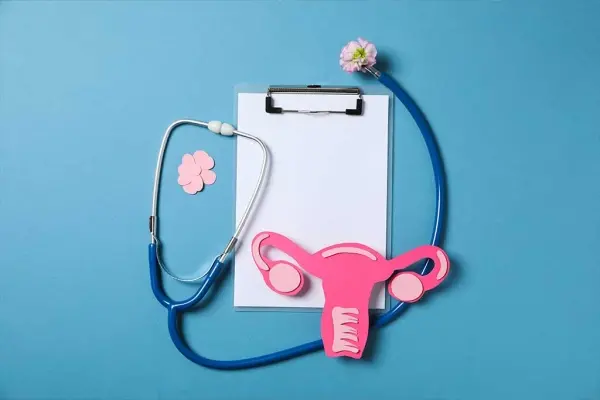
Infections: Women are more likely to contract bacterial vaginal infections in rural areas because to inadequate toiletry installation.
Sexually transmitted infections (STDs): Women are more susceptible to acquiring STDs like syphilis gonorrhea, HIV, and chlamydia because of a lack of knowledge about safe sexual practices and the delicate structure of the vaginal lining of the female reproductive system
Anemia: The National health survey- 5 reported that 57% of women are anemic between the ages of 15-49 due to vitamin B12, zinc, folic acids, and iron deficiency from the diet.
Mental health:
“The psychology of women hitherto actually represents a deposit of the desires and disappointments of men.”- Karen Horney, founder of feminist psychology

Numerous studies show that women experience mental health issues at a disproportionate rate and that their responsibilities in society, employment, and marital status all have a direct bearing on how vulnerable they are. World Health Organisation (WHO)
Gender stereotypes contribute to the mental health problems that women face, We have lived in a society where they were predetermined gender roles assigned and that is very problematic because it puts limits on the autonomy and choice of women
Instead of being thought of as things that women may need a little extra support or help with , theyre wrongly taken as “things that girls do “ like The way women react expressively to the pressure to conform to certain gender norms they’re unable to ; all the symptoms that we assign to anxiety were just assigned as “your a woman “ “this is how girls react”
The expectation placed on women by society to perform emotional labour raises the risk of mental health problems and exacerbates the suffering associated with pre-existing diseases.
According to a WHO assessment on the relationship between patriarchy and mental health in India, depression is the most prevalent disease among women. In addition to somatoform and anxiety problems, some of them also report bipolar or schizophrenia symptoms. Women are conditioned to blame themselves for abusive relationships and broken ones as a result of widespread structural oppression. Counselling is crucial for those who experience this.
A severe type of clinical depression related to pregnancy and childbirth is known as postpartum depression. It is critical that we have more candid conversations about this and directly support those we know who are experiencing it.
Teaching women is a key aspect of employing feminist therapeutic practices. teaching women about their rights, consent, patriarchy, the mechanisms of underlying abuse, and how to see the warning signs of it. For women with limited access, a basic awareness of the rules and rights pertaining to this is vital.
https://www.mrmed.in/health-library/womens-health/international-women-health-day-2023
The Ministry of Women and Child Development is implementing various schemes/ programmes to bring women into the mainstream of all the sectors in the country in order to empower them. The details are as under:
https://pib.gov.in/Pressreleaseshare.aspx?PRID=1795471
https://yourstory.com/mystory/4-healthcare-schemes-by-the-government-every-woman-fl6i4eq2ms
the importance of sex ed
https://youtu.be/JSmXrc7RMDs?si=WysTGA1ZwZDoHCDe
Exercises
https://youtu.be/vRmdFoa9mH0?si=K2vqA8gY_g6GZVIP
Check out some of our other articles here!

